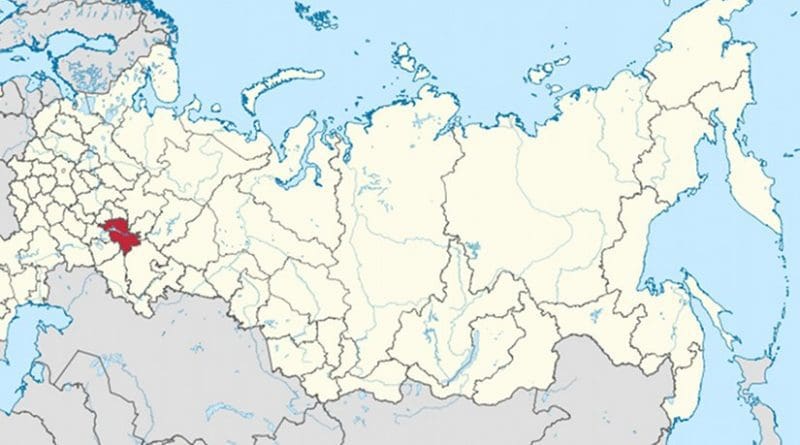Tatarstan’s Struggle To Retain Office Of Republic President Intensifies – OpEd
By Paul Goble
Farit Mukhametshin, speaker of the State Council of the Republic of Tatarstan, says that Kazan will launch negotiations with Moscow in the coming days in the hopes that Tatars will be able to continue to be able to call the head of their republic a president.
“We do not have much time left,” he said, a reference to the fact that the special exemption Tatarstan received from the 2010 law runs out on January 1, and “we do not want to radicalize this issue via the Constitutional Court and demand its resolution.” No one loses if Tatarstan has a president (interfax-russia.ru/Povoljie/news.asp?id=674754&sec=1671).
Mukhametshin pointed out that when the voters in Tatarstan elected the republic’s president in September 2015, they not only chose the victor but “at the same time they chose the president,” as appeals from voters and organizations to Kazan during and after the election demonstrate. Those appeals are behind Kazan’s efforts in Moscow, he said.
Tatarstan is the only federal subject whose head is called president, the result of a December 2010 federal law about titles. Since that time, all the other non-Russian republics have modified their constitutions to bring them into line with that law and now refer to the top official in each as “the head” rather than “president.
Chechnya, whose leader Ramzan Kadyrov pushed the idea arguing that no country should have more than one president, was first to do so. Then followed Karachayevo-Cherkessia, Ingushetia, North Osetia, Komi, Karelia, Altai, Mordvinia, Daghestan, Udmurtia, Sakha, and most recently Bashkortostan.
All the other republics were required to take this step by the end of 2015, but Tatarstan was given an extension until January 1, 2016 because of the existence of the treaty between Moscow and Kazan on the delimitation of powers between the Russian Federation and the Republic of Tatarstan.
The Moscow Kremlin almost certainly will demand that the Kazan Kremlin fall into line, but Tatarstan appears committed to resisting not only because the Tatars are the second largest nation within the Russian Federation and because of the existence of their power-sharing treaty but because they are not without resources.
On the one hand, for the last 25 years, they have assumed the role of leader of the non-Russian republics within the Russian Federation, something that they will undoubtedly exploit if Moscow presses too hard. And on the other, the threat to go to the Constitutional Court shows that once again they are prepared to use the center’s own structures against Moscow.
Indeed, Mukhmetshin’s statement that Kazan would like to avoid “radicalization” of this question shows that Kazan is prepared to move in exactly that direction, something Vladimir Putin will certainly take into consideration. Consequently, what appears to be only a fight over nomenclature is likely to become a far larger one, if Moscow tries to make an issue of it.

